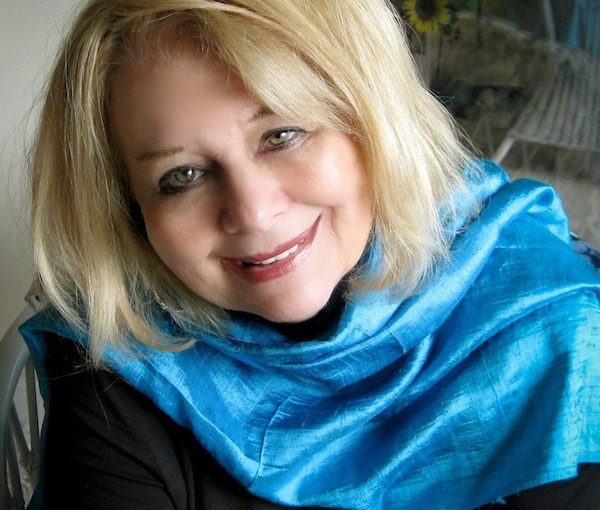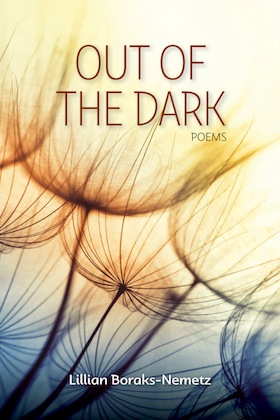George Floyd’s name may be the best known, but police in the United States (and Canada and elsewhere) have assaulted and killed too many racialized individuals to recount here. While we might hope that the current focus on these needless and unlawful deaths will bring a sea-change in police training and behaviours, the truth is we have seen uprisings of outrage multiple times this century resulting in apparently minimal structural correction. Will this time be different? We can hope so – and act in ways that advance positive outcomes – but one trend is absolutely not helping.
Amid the weeks of protests and riots, the ceaseless attention on this issue has brought to light some factors that are less than encouraging. A backlash to the protests and their sometimes-violent flare-ups unsurprisingly take racist overtones. The mantra “all lives matter,” for example, is a tone deaf and offensive rejoinder to the Black Lives Matter movement. Acts of antisemitism – the spray-painting of a Los Angeles synagogue and a litany of other acts and statements from members of or those supporting a disparate movement – may give perceived consent to some Jews to turn away from the campaign for human equality. But BLM is not an organization; it is a movement. It is made up of scores or hundreds of independent groups and millions of supporters. Some of those individuals are Jews, Black and non-Black. We should be grown-up enough (and sufficiently world-weary) to know that, among any such agglomeration of people, some will express antisemitic ideas. If we are so troubled by this that we throw the baby of racial equality out with the bathwater of fringe extremism, we would be wise to look inward. If we refuse to stand with BLM because of a proportion of bigots in its ranks, take a good hard look at the company we keep by standing with its opponents.
The upshot is that BLM and the larger fight for equality – indeed, the fight to simply keep police from killing African-American and individuals from other identifiable minority communities – is too important to step away from even if we ourselves are targeted by some in the ranks. This should not be about Jews – though, while this should be a given, the world does not work this way. One element that has the potential to strain this alliance is those who have tried to make the relationship between police brutality and racial injustice about Jews: Israelis, specifically.
A tactic has been to focus on training that a comparatively small number of American law enforcement officials have received in Israel. Some voices have made direct parallels between these law enforcement exchanges and police violence in the United States. Some even falsely claim that the knee-on-the-neck move that killed George Floyd is an Israeli invention.
Steven L. Pomerantz, a former assistant director of the FBI and now director of the Homeland Security Program at the Jewish Institute for National Security of America, is an architect of one of the earliest such exchanges, which emerged shortly after the 9/11 terror attacks.
“Despite suggestions to the contrary, there is no field training involved in either the conferences or trips, and no training on holds or arrest mechanics,” he wrote recently. “Participants learn how Israeli law enforcement deters, disrupts and responds to terrorist attacks. They explore the ideology of suicide bombers and other attackers, ways to de-escalate an ongoing incident, and the intelligence-gathering and -sharing process.… Trip participants have discussed efforts to build trust with minority communities, visited hospital trauma units and crime scenes, and spoken with terrorists serving life sentences for murder. One year, JINSA organized a specialized trip for American bomb squad commanders, which focused on topics such as post-blast forensics and the materials used in explosive devices.”
There is a probably no democratic country in the world more experienced in counterterrorism operations than Israel. In today’s world, it would be foolish not to learn from this tragically hard-earned understanding. Like Canada and the United States, Israeli police and military personnel operate with civilian oversight. As Pomerantz writes, it is deceptive to pin on Israel the actions of rogue bad cops in the United States. And, even Jewish Voice for Peace, in their campaign against these law enforcement exchanges, explicitly calls out those who would strip the American context of repressive policing and shift the blame to Israel, as that could be reasonably interpreted as antisemitism and, therefore, harm the movement for solidarity.
It may be that these law enforcement exchanges worldwide – not just those concerning Israel – contribute to the militarization of policing, a trend that is worrying, to say the least. As part of a larger network of exchanges of security forces across the world, it may be that they need to be reassessed. However, to misplace responsibility for police violence – and to choose that scapegoat of ages, Jews – undermines the credibility and the effectiveness of the anti-racist enterprise, and it is disadvantageous to the larger movement for equality.
Good people in the anti-racism movement have and must condemn the targeting of Israel and Jews. Likewise, Jewish people who care about human equality must not step away from this fight, but rather fight on two fronts: against racism and antisemitism. For a better future for ourselves and for other minorities and marginalized peoples, we cannot walk away.


